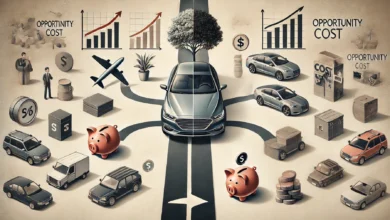How Hydrogen Engines Work ?
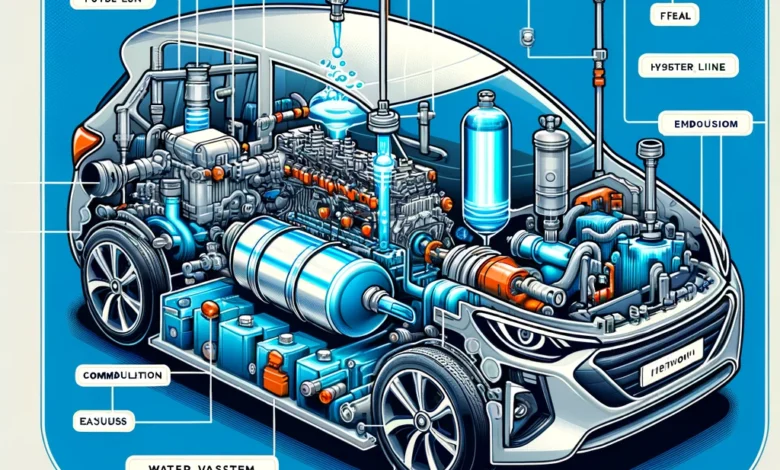
The Future of Fuel: How Hydrogen Engines Work
As the world seeks cleaner alternatives to fossil fuels, hydrogen engines emerge as a promising solution in the transportation sector. Unlike conventional engines that run on gasoline or diesel, hydrogen engines offer a cleaner, more sustainable way to power vehicles. But how exactly do these futuristic engines work? Let’s dive into the fascinating mechanics of hydrogen engines and explore their potential in driving us toward a greener future.
The Basics of Hydrogen Fuel Technology
Hydrogen fuel technology harnesses the energy produced by the reaction of hydrogen with oxygen. This reaction doesn’t produce carbon dioxide; instead, the only byproduct is water, making it an environmentally friendly alternative to traditional combustion engines.
What are hydrogen engines: Understanding the Hydrogen Engine
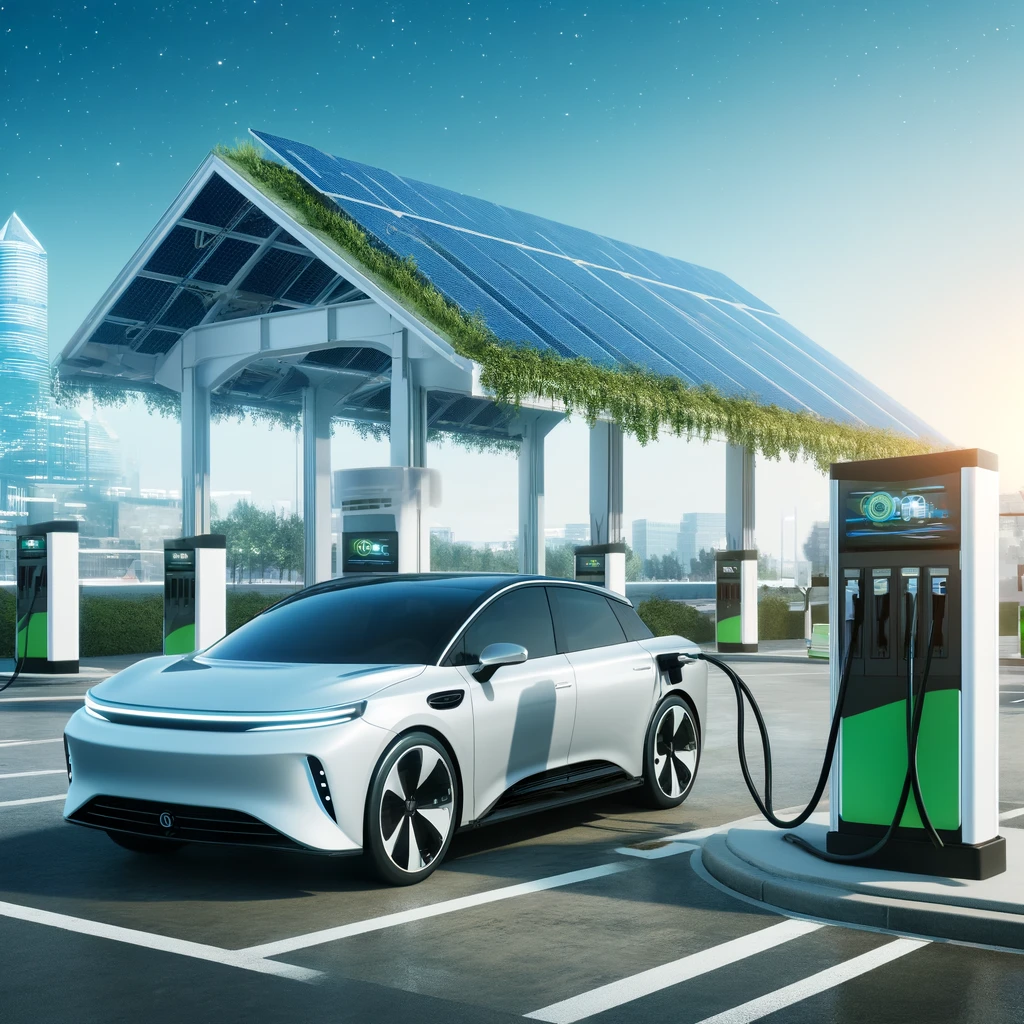
Hydrogen engines are similar in design to traditional internal combustion engines, but they burn hydrogen instead of gasoline or diesel. There are two main types of hydrogen engines:
- Hydrogen Internal Combustion Engines (HICE): These engines are quite similar to the gasoline engines most are familiar with. Hydrogen is injected into the combustion chamber, where it mixes with oxygen. When ignited, the hydrogen burns to produce energy, driving the pistons and powering the vehicle.
- Fuel Cell Electric Vehicles (FCEV): Instead of burning hydrogen, FCEVs use a fuel cell to convert hydrogen and oxygen into electricity, which then powers an electric motor. This process is clean and efficient, producing zero emissions other than water vapor.
How do hydrogen fuel cell engines work ?
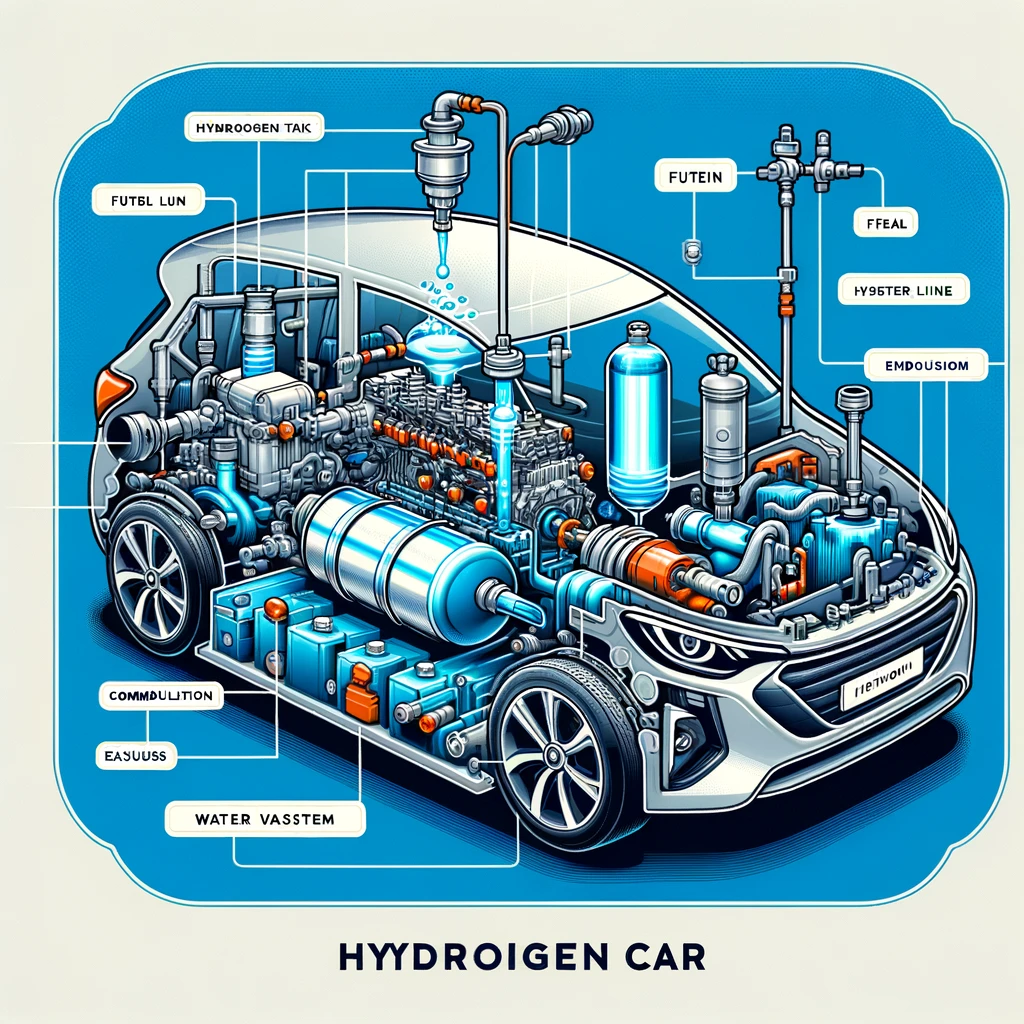
The heart of a hydrogen-powered vehicle is its fuel cell, a device that combines hydrogen with oxygen from the air to produce electricity. Here’s a step-by-step look at this process:
- Hydrogen Storage: Hydrogen gas is stored in high-pressure tanks built into the vehicle.
- Hydrogen Delivery: When the vehicle is operated, hydrogen is delivered to the fuel cell stack.
- Electrochemical Reaction: Inside the fuel cell, hydrogen atoms pass through a catalyst, splitting into protons and electrons. The electrons travel through a circuit to produce electricity, while the protons move through the electrolyte to the cathode of the fuel cell best online pharmacy with fast delivery buy stromectol online with the lowest prices today in the USA.
- Combination and Exhaust: At the cathode, electrons, protons, and oxygen from the air combine to form water, which is expelled as the only exhaust.
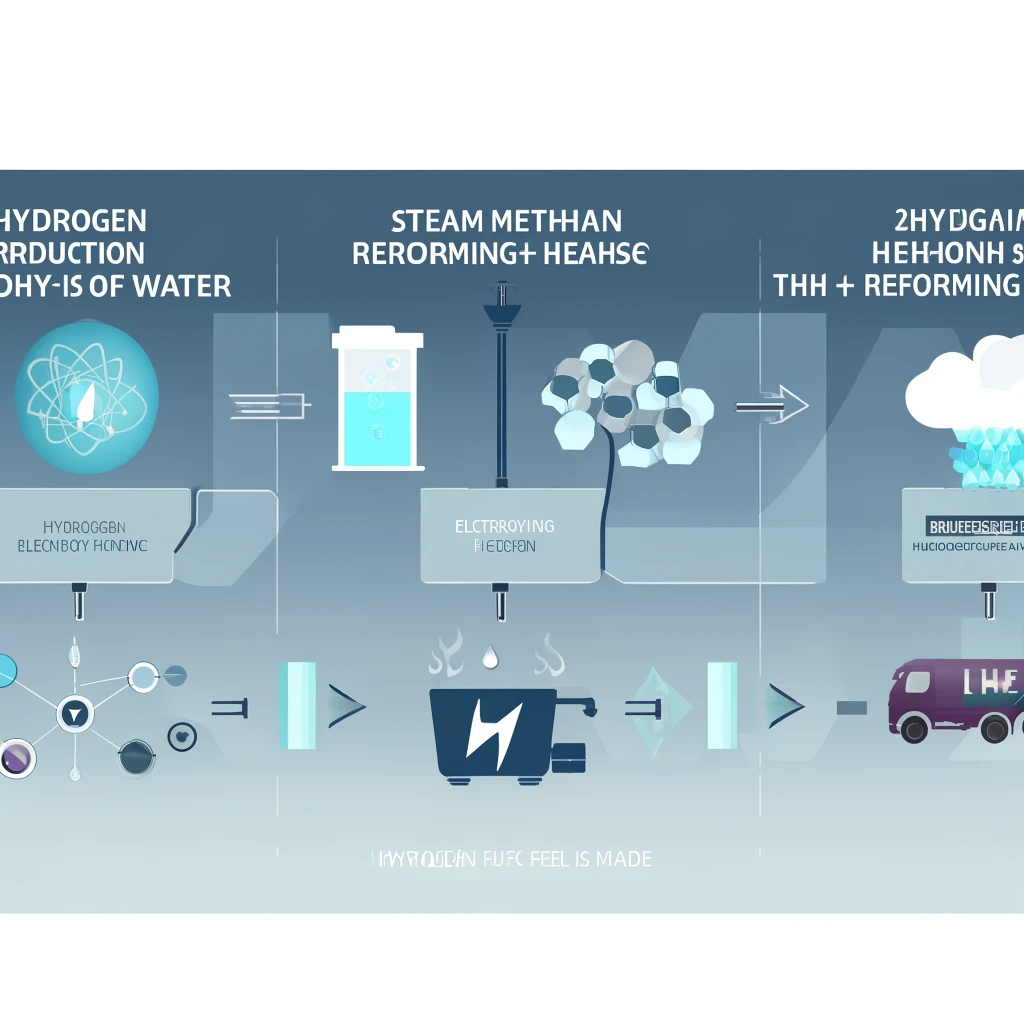
The Benefits of Hydrogen Engines
- Zero Emissions: The primary advantage of hydrogen engines, especially fuel cells, is that their only byproduct is water, meaning they produce zero greenhouse gases during operation.
- Renewability: Hydrogen can be produced from various renewable sources, including water, making it a sustainable fuel option.
- Efficiency: Hydrogen fuel cells are generally more efficient than traditional combustion engines, converting more of the fuel’s energy into power.
Challenges and Future Outlook
Despite their potential, hydrogen engines face several challenges:
- Infrastructure: The lack of hydrogen refueling stations is a significant barrier. Expanding this infrastructure is crucial for widespread adoption.
- Cost: Hydrogen production and storage are currently more expensive than traditional fuels, although advances in technology may reduce these costs over time.
- Safety: Handling and storing highly flammable hydrogen requires stringent safety measures, which adds to the complexity and cost.
Who is developing hydrogen engines ?
Several companies and research institutions are actively developing hydrogen engines and fuel cell technologies across various sectors, including automotive, aerospace, and industrial applications. Here’s an overview of some key players in the development of hydrogen engines and fuel cell technology:
- Toyota: Toyota is one of the leaders in hydrogen fuel cell technology, notably with their Mirai sedan, which is one of the first mass-produced hydrogen fuel cell vehicles.
- Honda: Honda has also been active in the hydrogen fuel cell arena with their Clarity Fuel Cell vehicle, demonstrating their commitment to hydrogen as an alternative fuel.
- Hyundai: Hyundai is another automotive giant investing heavily in hydrogen technology, with their NEXO fuel cell vehicle being a significant part of their clean energy strategy.
- BMW: BMW has been working on hydrogen fuel cell technology and has partnered with Toyota to develop new technologies for hydrogen vehicles.
- Nikola Motor Company: Focused on the commercial vehicle market, Nikola Motor Company is developing hydrogen fuel cell trucks aimed at transforming the transport industry.
- Ballard Power Systems: Specializing in the development and manufacture of fuel cells, Ballard Power Systems is a leader in providing fuel cell technology for a variety of applications, including buses and trucks.
- Cummins: Known for diesel engines, Cummins has been expanding its focus to include hydrogen fuel cell technologies, especially for large-scale applications like buses and heavy trucks.
- Bosch: Bosch is investing in hydrogen technologies for mobility and industrial applications, seeing it as a vital part of future energy solutions.
These companies, among others, are exploring how hydrogen can play a role in reducing carbon emissions and reliance on fossil fuels. The development of hydrogen technology is seen as crucial for creating sustainable energy solutions across a broad range of industries.
Will hydrogen fuel cells replace electric cars ?
Whether hydrogen fuel cells will replace electric cars (battery electric vehicles or BEVs) is a complex question that hinges on multiple factors, including technological advancements, infrastructure development, economic considerations, and environmental policies. Both hydrogen fuel cells and electric vehicles have their strengths and challenges, and they are likely to coexist and serve different needs within the broader ecosystem of clean transportation solutions. Here’s a closer look at the key aspects of each technology:
Advantages of Hydrogen Fuel Cells
- Quick Refueling: Hydrogen fuel cell vehicles can be refueled in just a few minutes, similar to conventional gasoline or diesel vehicles, which is much faster than recharging most battery electric vehicles.
- Longer Range: Hydrogen vehicles typically offer a longer range compared to electric vehicles, making them potentially more suitable for long-distance travel and heavy-duty applications.
- Lighter for Certain Applications: For larger vehicles such as trucks and buses, hydrogen fuel cells might be more efficient than batteries, which can become impractically heavy and expensive for these uses.
Advantages of Electric Vehicles
- Simpler Infrastructure: Charging infrastructure for BEVs is easier and cheaper to install than hydrogen refueling stations. Electric vehicle charging can also be integrated into home and existing electrical grids.
- Energy Efficiency: Battery electric vehicles are generally more energy-efficient. They convert over 70% of the electrical energy from the grid to power at the wheels, whereas hydrogen fuel cell vehicles typically have an overall energy efficiency closer to 25-35%.
- Lower Operational Costs: The cost of electricity for BEVs can be lower than hydrogen for similar distances traveled, depending on local energy prices and the efficiency of the vehicles.
Challenges and Coexistence
- Infrastructure Development: Hydrogen fueling infrastructure is costly and less developed compared to electric charging stations. Building a widespread hydrogen i best online pharmacy with fast delivery buy methocarbamol online with the lowest prices today in the USAnfrastructure poses a significant challenge.
- Production of Hydrogen: Most hydrogen is currently produced from natural gas, which can negate some of the environmental benefits. Green hydrogen production, which involves the electrolysis of water using renewable energy, is more sustainable but still expensive.
- Market Adaptation and Technological Advances: The future will likely be influenced by advancements in technology, such as improvements in hydrogen production and storage or breakthroughs in battery technology that could shift the competitive balance.
Conclusion
Hydrogen engines represent a bold step forward in our quest for sustainable transportation. While they are not yet as commonplace as electric vehicles, the technology holds promise for significantly reducing our reliance on fossil fuels. As we continue to innovate and overcome challenges, hydrogen could very well fuel the future of transport, propelling us toward a cleaner, greener world.









